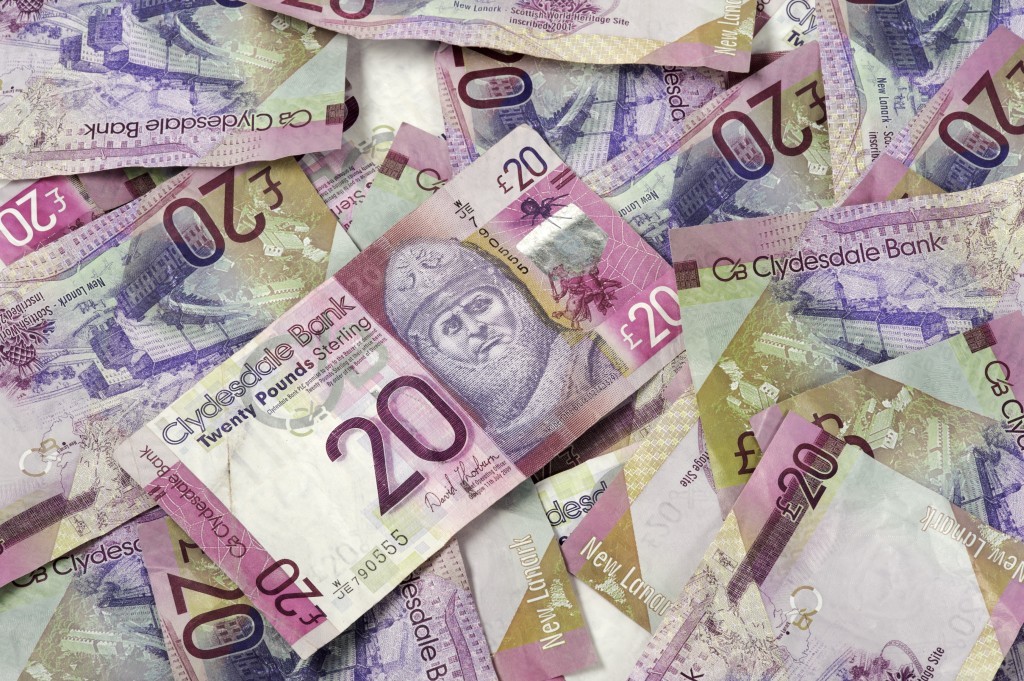
People earning more than £70,000 a year could face being asked to pay more tax under a Labour government, shadow chancellor John McDonnell has hinted.
Labour want a “fair taxation system” which would see corporations and the rich “pay their way more”.
Asked to define who is rich, Mr McDonnell said they would be people earning “above £70,000 to £80,000 a year”.
But pressed on whether that would mean people in that income bracket paying more, Mr McDonnell told BBC Radio 4’s Today programme: “That’s not what we’ve said.”
He added: “What we’ve said is we want a fair system of taxation to pay for our public services. In the coming weeks we will be publishing our proposals about how we establish that within our manifesto.
“I think there’s a general view in society at the moment that middle and low earners are being hit very hard with a combination, as we have seen from this Government, of both income tax rises but also in terms of the burden placed upon them by stealth taxes and also, as we saw, attempts by this Government to increase National Insurance payments on the self-employed.
“We want to get a system that is fair, so the corporations and the rich pay their way more and that means ending the tax giveaways to the corporations and also those in inheritance tax, capital gains tax and the bankers’ levy – all of those giveaways under this Government.”
Mr McDonnell told the programme: “The rich will be above £70,000 to £80,000 a year and that’s roughly defined as what people feel is an earning whereby people feel they can pay more.”
Labour will also go into the election promising to cap pay on senior executives, Mr McDonnell said, with no bosses able to pay themselves above a certain multiple of lower-paid employees.
“It will be a pay ratio. That in itself will set a cap in terms of what the maximum earning will be within that company in relation to an average worker’s pay because we believe in fairness within our economy.”
Mr McDonnell claimed that Theresa May’s decision to call an early election was more about the risk of an economic downturn rather than securing a mandate for her plans on leaving the European Union.
“I don’t think this election is about Brexit,” he said. “The Government has seen that the economy at the moment is going to turn.
“We are seeing inflation increasing, we are seeing wages stagnate and we are seeing people in heavy debt as a result of that.”
Labour’s approach to Brexit talks would aim to secure “tariff-free access to the single market” and a managed and fair immigration system from the EU.
On future customs arrangements, Mr McDonnell said: “We want to maximise the benefits that we currently get from the customs union – that does not necessarily mean full membership of the customs union.”